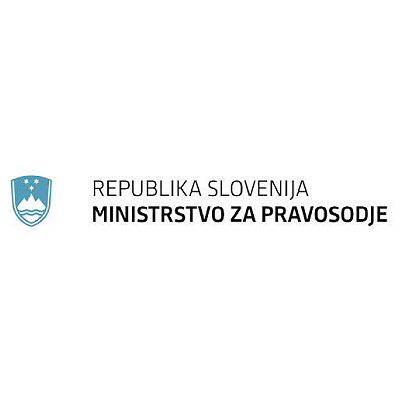Definition of antisemitism between theory and practice: challenges, risks and solutions
ABOUT THE PROJECT
Antisemitism, like other unlawful forms of racial or other discrimination, remains a persistent phenomenon in EU member states. Although debate on this topic continues to evolve and is often brought to the forefront of public attention, antisemitism in Europe remains a problem. In response, states are adopting new or updating existing strategies aimed at limiting and prosecuting antisemitic beliefs. The Government of the Republic of Slovenia has likewise adopted the non-legally binding working definition of Holocaust denial and distortion of the International Holocaust Remembrance Alliance (IHRA). Despite numerous debates and reflections within the academic committee, comparative-legal analyses of the practical application of the IHRA definition reveal a number of concerning effects on the existing legal framework, particularly regarding human rights and fundamental freedoms.
The project focuses on analyzing the definition of antisemitism, with the main emphasis on the widely accepted IHRA definition, which consists of a descriptive part and eleven illustrative examples. Slovenia has adopted this definition without the additional examples. The research examines the definition’s impact on the current legal order, including the protection of human rights, as well as the challenges and risks of abuse in its application. Based on this analysis, the project will propose solutions and recommendations for improvements.
As part of the project, a comparative legal analysis of selected foreign practices will be conducted, particularly in countries where the illustrative examples of the IHRA definition have been transposed into national legislation. The project will highlight possible undesirable legal and other consequences of such use of an expanded definition and of potentially equating antisemitism with anti-Zionism, since understanding these two terms as synonyms often negatively affects members of the Jewish community in Europe, who may become targets of misinterpretations or even victims of policies ostensibly adopted for their protection.
The research will be supported by case studies, interviews, and media analysis. The aim of the project is to develop legally sustainable recommendations for the practical treatment of antisemitism, which will respect human rights and freedoms, including freedom of speech and academic freedom. Through dissemination of results and training, the project will contribute to the implementation of the Strategy of the Republic of Slovenia to Combat Antisemitism until 2033, while strengthening the legal literacy and sensitivity of key stakeholders.
Project Type: Target Research Programme
Project Code (SICRIS): V5-2544
Duration: 1. 9. 2025 – 31. 8. 2027
WORK PACKAGES
Project is divided into six working packages:
- review of existing literature on the conceptualization of anti-Semitism,
- critical analysis of the legal framework – legislation, case law, and soft law,
- focused analysis of the problems arising from this framework based on collected data,
- synthesis of findings and proposals for improvements,
- dissemination of results, training of stakeholders, and support for the implementation of the strategy,
- project management.
PROJECT PARTNERS
The project leader is prof. Dr. Matjaž Jager, Institute of Criminology at the Faculty of Law, Ljubljana.
Project members

Matjaž Jager
project leader

Živa Šketa

Renata Salecl

Tina Anžič

Zoran Kanduč

Iva Ramuš Cvetkovič







